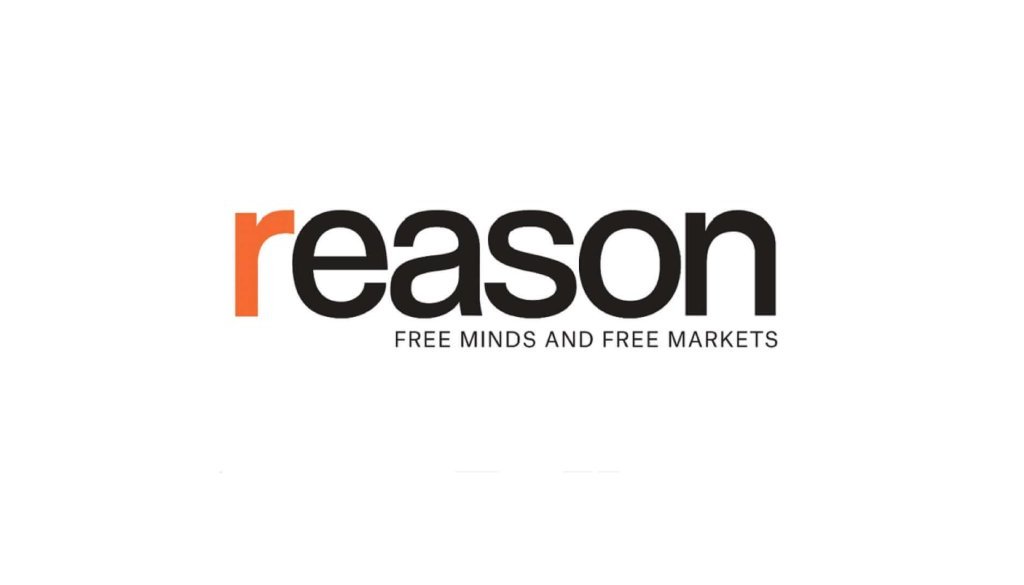The Socialists and Suffragettes of Oz
Long before Wicked reimagined the Witch of the West as a dissident resisting fascism, Oz was a hotbed of political commentary. No, I’m not referring to that dubious old tale that L. Frank Baum wrote The Wonderful Wizard of Oz as an allegory about the evils of the gold standard. As Michael Patrick Hearn pointed out long ago, the creator of Oz once published a poem endorsing the gold-backed dollar—”We will gain the world’s respect/When it knows our coin’s ‘correct’/And McKinley’s in the chair!”—which makes it unlikely that he’d produce a Populist parable. And while that leaves open the possibility, championed by the historian Quentin P. Taylor, that Baum was approaching the issue from a more gold-friendly angle, I don’t want to get lost just yet in the weeds of alleged symbolism. There’s plenty of overt commentary in Baum’s world to chew on before we start trying to decode things.
For example: In 1902, two years after The Wonderful Wizard of Oz appeared, Baum and some collaborators loosely adapted it into a musical filled with topical jokes. At one point in the play, the Wizard offers the Scarecrow the brain of Republican powerbroker Mark Hanna; at another, the Scarecrow cracks that he might be related to Secretary of State John Hay. One character is an anarchist annoyed that his bargain-sale bombs don’t work.
Two years after that, Baum wrote a second Oz novel, The Marvelous Land of Oz, that spoofs the suffragette movement: When an all-girl “Army of Revolt” seizes the Emerald City, its members seem chiefly interested in matters like acquiring jewels and gowns—and when they are ultimately defeated, they’re happy that they no longer have to eat their husbands’ cooking. Baum gave the story a feminist ending, though: Once the rightful political order has reestablished itself, Oz’s most powerful figures are two benevolent women, making the place a sort of matriarchy.
By the sixth book in the series, The Emerald City of Oz (1910), Baum was presenting the fairyland as a socialist utopia:
There were no poor people in the Land of Oz, because there was no such thing as money, and all property of every sort belonged to the Ruler. The people were her children, and she cared for them. Each person was given freely by his neighbors whatever he required for his use, which is as much as any one may reasonably desire. Some tilled the lands and raised great crops of grain, which was divided equally among the entire population, so that all had enough….If by chance the supply ever ran short, more was taken from the great storehouses of the Ruler, which were afterward filled up again when there was more of any article than the people needed.
Every one worked half the time and played half the time, and the people enjoyed the work as much as they did the play, because it is good to be occupied and to have something to do. There were no cruel overseers set to watch them, and no one to rebuke them or to find fault with them. So each one was proud to do all he could for his friends and neighbors, and was glad when they would accept the things he produced.
“I do not suppose such an arrangement would be practical with us,” Baum added, “but Dorothy assures me that it works finely with the Oz people.”
Another Baum boo
Article from Reason.com

The Reason Magazine website is a go-to destination for libertarians seeking cogent analysis, investigative reporting, and thought-provoking commentary. Championing the principles of individual freedom, limited government, and free markets, the site offers a diverse range of articles, videos, and podcasts that challenge conventional wisdom and advocate for libertarian solutions. Whether you’re interested in politics, culture, or technology, Reason provides a unique lens that prioritizes liberty and rational discourse. It’s an essential resource for those who value critical thinking and nuanced debate in the pursuit of a freer society.


